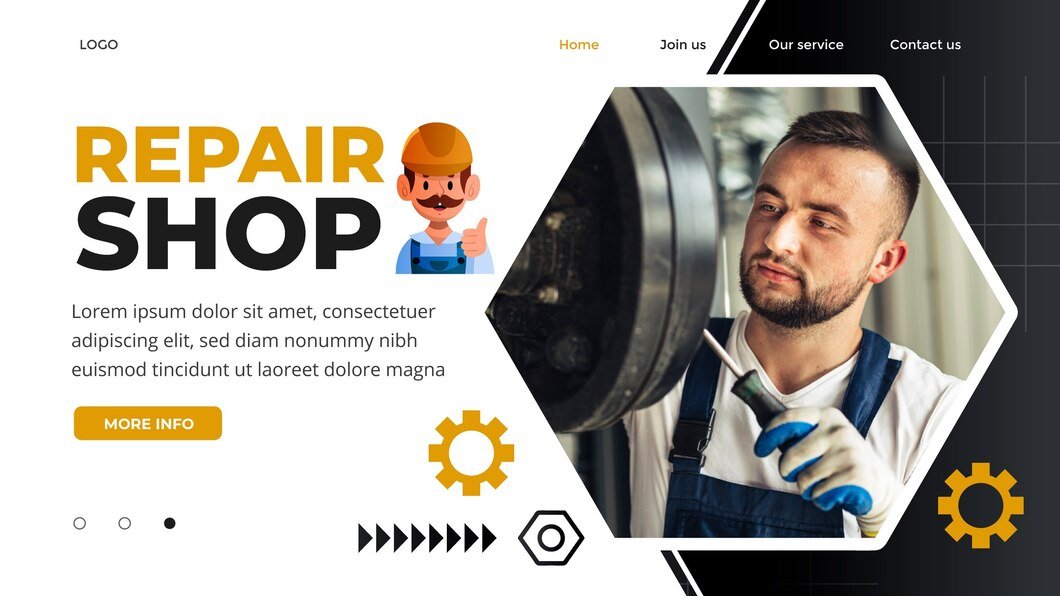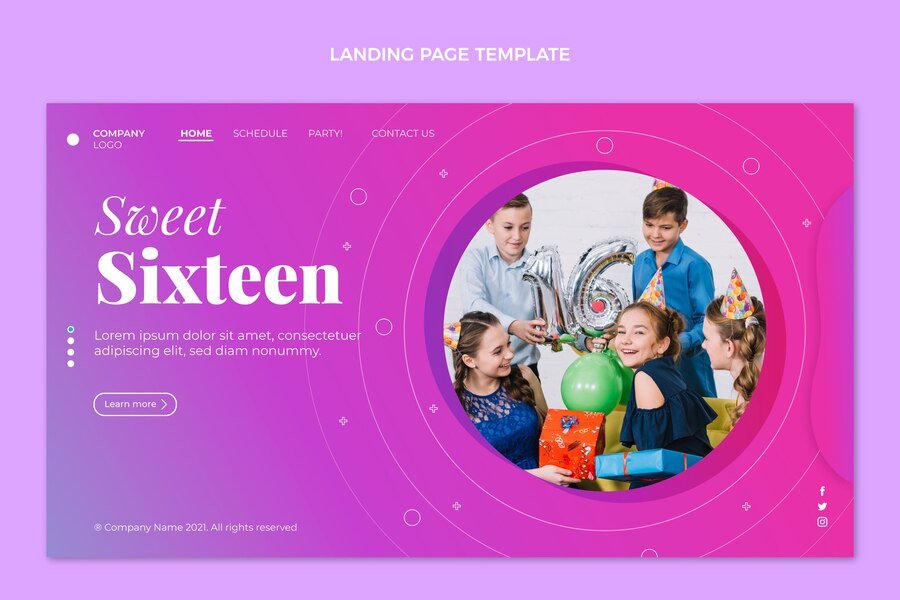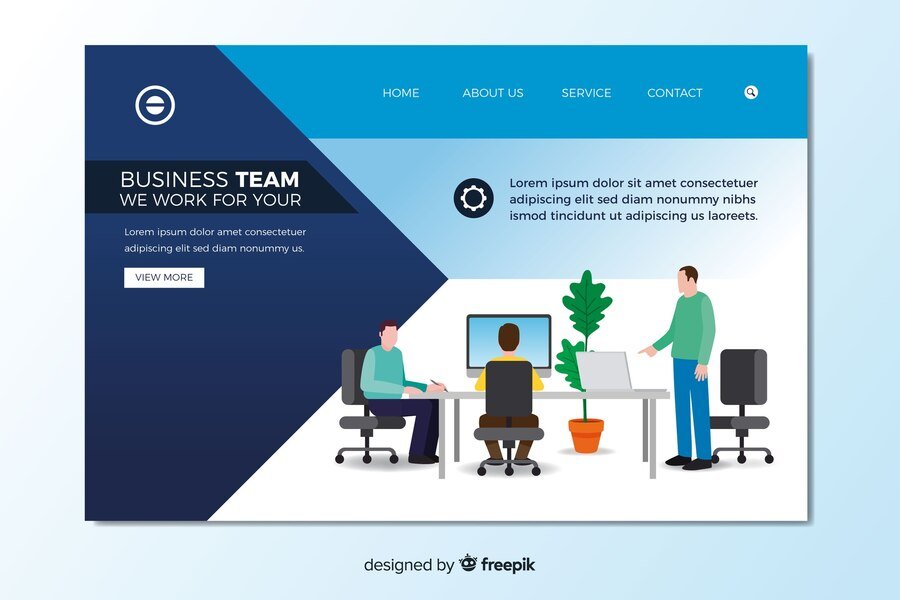Introduction
In today’s competitive business landscape, case studies have emerged as powerful tools for demonstrating credibility, showcasing expertise, and influencing potential customers’ decisions. Incorporating a dedicated case study page on your website can significantly enhance your business’s online presence and drive conversion rates. Let’s delve into why adding a case study page should be a priority for your business.
The Power of Real-World Evidence
Building Trust Through Evidence
Case studies offer tangible evidence of your yoga WordPress template business’s ability to deliver results. By presenting real-world examples of successful projects or satisfied customers, you provide potential clients with proof of your capabilities and build trust before they even engage with you.
Demonstrating Expertise and Experience
Highlighting Success Stories
Each case study is an opportunity to showcase your business’s expertise in solving specific challenges faced by your clients. Whether it’s overcoming operational hurdles, achieving significant cost savings, or implementing innovative solutions, detailing these successes positions your business as a leader in your industry.
Detailing Strategic Approaches
Case studies allow you to outline the methodologies, strategies, and unique approaches that led to successful outcomes. This transparency not only educates potential clients but also differentiates your business from competitors who may offer similar services.
Cost-Effectiveness of Case Studies
Long-Term Benefits
Continuous Marketing Asset
Once published, case studies continue to work for your business by serving as evergreen content that attracts organic traffic and engages visitors over time. They can be repurposed across various marketing channels, from social media posts to email campaigns, maximizing their impact and reach on yoga WordPress template.
ROI on Minimal Investment
Compared to traditional advertising or promotional campaigns, creating case studies is a relatively low-cost investment with potentially high returns. The content’s longevity and effectiveness in influencing purchasing decisions make it a cost-effective strategy for businesses of all sizes.
Optimizing Case Studies for Maximum Impact
Structuring Your Case Study Page
Clear and Compelling Titles
Use keyword-rich titles that highlight the problem solved or the benefit achieved, making it easier for search engines and visitors to understand the content’s relevance.
Detailed Descriptions and Results
Provide comprehensive details about each case study, including the client’s background, challenges faced, your business’s solutions, and measurable outcomes. Quantifying results with metrics, percentages, or testimonials adds credibility and persuades potential clients.
Conclusion
Incorporating a case study page on your website can significantly enhance your business’s credibility, attract qualified leads, and ultimately boost conversions. By showcasing real-world successes, demonstrating your expertise, and illustrating your strategic approaches, case studies become invaluable assets that differentiate your business in a competitive marketplace.
The article outlines five key marketing strategies: optimizing your website for search engines (SEO), utilizing social media marketing, leveraging email campaigns, creating engaging content, and offering special promotions or discounts.
SEO can enhance your website’s visibility on search engines, attracting more targeted traffic. By optimizing keywords, meta descriptions, and improving site speed, you can draw in potential clients who are actively searching for yoga services.
Social media platforms allow you to engage with your audience, share valuable content, and promote your services. By building a strong social media presence, you can drive more traffic to your website and convert followers into paying customers.
Email marketing helps you maintain a direct line of communication with your audience. By sending regular newsletters, special offers, and personalized content, you can nurture leads and encourage them to sign up for classes or workshops.
Engaging content such as blog posts, video tutorials, client testimonials, and educational resources can attract and retain visitors. Providing valuable information helps build trust and encourages potential clients to take action, such as booking a class or purchasing a membership.








